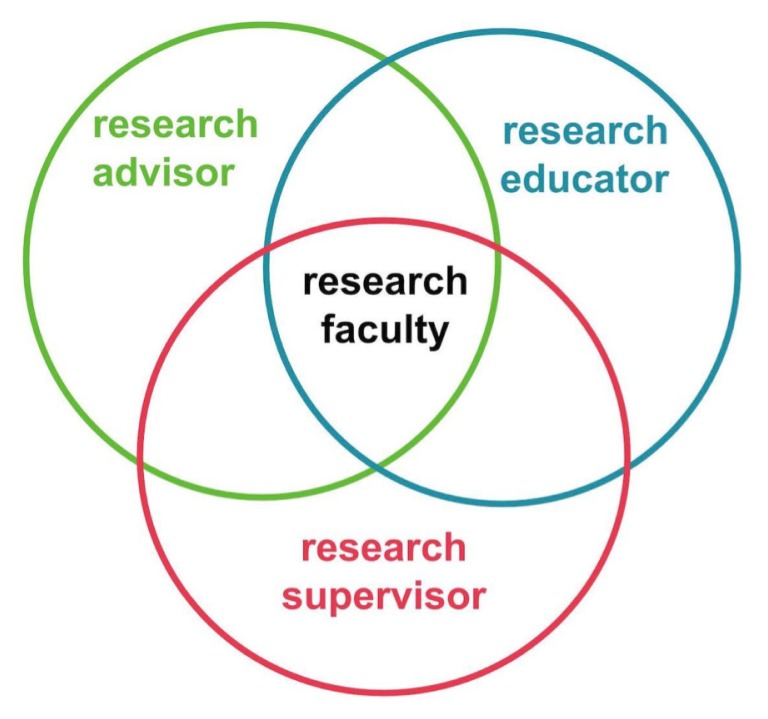The Supervisory Role of Life Science Research Faculty: The Missing Link to Diversifying the Academic Workforce?
In addition to creating revolutionary analysis packages, life science analysis school at research-intensive establishments are tasked with offering profession mentoring and scientific coaching to new generations of scientists, together with postgraduate, graduate, and undergraduate college students.
In this essay, we argue for a redefinition of mentoring in laboratory analysis, to completely distinguish three important roles performed by analysis school relative to their trainees: advisor, educator, and supervisor.
In specific, we concentrate to the typically unacknowledged and misunderstood function of a school member as a supervisor and talk about the affect of neglecting supervisory finest practices on trainees, on the range of the tutorial pipeline, and on the analysis enterprise.
We additionally present actionable frameworks for analysis mentors who want to use inclusive supervisory and pedagogical practices of their laboratory.
Finally, we name for extra analysis round the supervisory function of analysis school and its affect on trainees, significantly neighborhood faculty college students, so as to assist broaden the participation of underrepresented college students in STEM fields.

Current and Future Trends in Life Sciences Training: Questionnaire Study.
Every 12 months, the life science subject spends billions of {dollars} on academic actions worldwide. The persevering with skilled improvement of workers, particularly on this subject, encompasses nice challenges.
Emerging applied sciences seem to supply alternative, however comparatively little analysis has been carried out on the effectiveness of pedagogies and instruments which have been utilized in the life sciences, and even much less analysis has been devoted to understanding the potential energy of rising choices which may decide the subject’s future.
In collaboration with the Life Sciences Trainers & Educators Network (LTEN), this research investigated the present state of the pedagogies and instruments presently adopted by company coaching professionals in the life sciences in addition to the professionals’ perceptions of the impacts of rising applied sciences on coaching.
This research adopted a combined strategies method that included a survey and a follow-up interview. The survey consists of 18 broad questions with 15 subquestions in every of the 5 particular sectors of the life sciences subject. Interviews had been carried out by telephone and lasted roughly 40 minutes, overlaying 18 questions designed to follow-up on findings from the survey gadgets.
Both survey and interview outcomes indicated that the professionals weren’t happy with the established order and that coaching and schooling on this subject want to change. Most of the strategies and instruments presently used have been used for a while. The professionals surveyed weren’t happy with the present strategies and instruments and didn’t discover them cost-effective. In addition, the respondents pictured the future of coaching on this subject to be extra partaking and efficient.
This is the first research in a sequence designed to higher perceive schooling and coaching in the life sciences on a macro degree, so as to construct a basis for progress and evolution of the future panorama. Next steps contain creating methods for the way to lengthen this imaginative and prescient all through particular person organizations.



